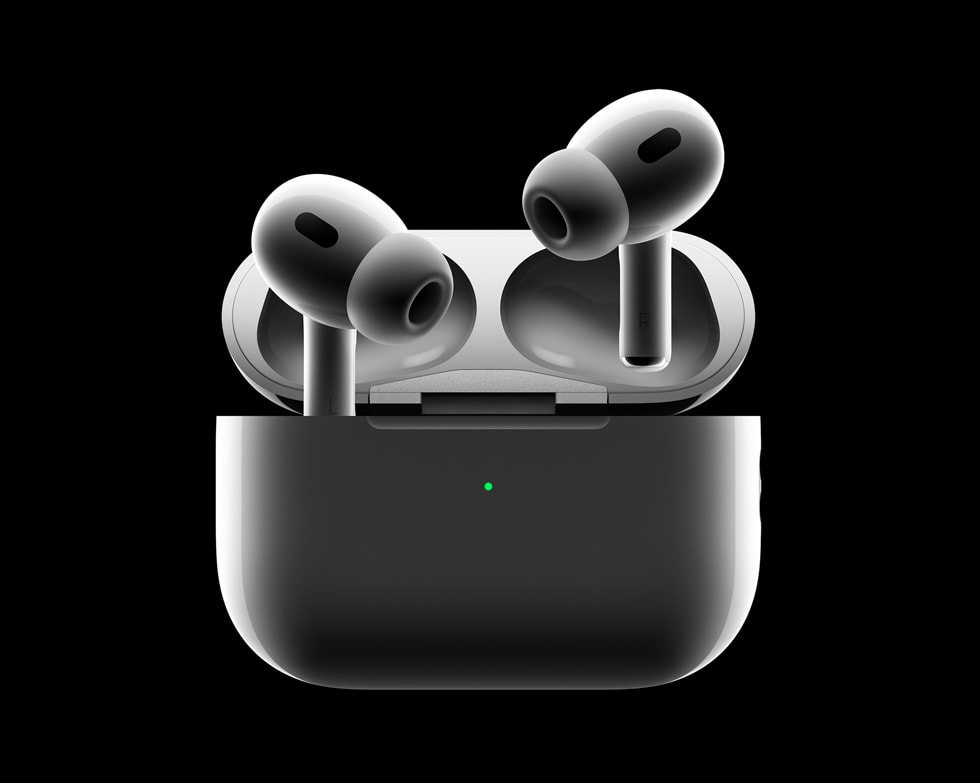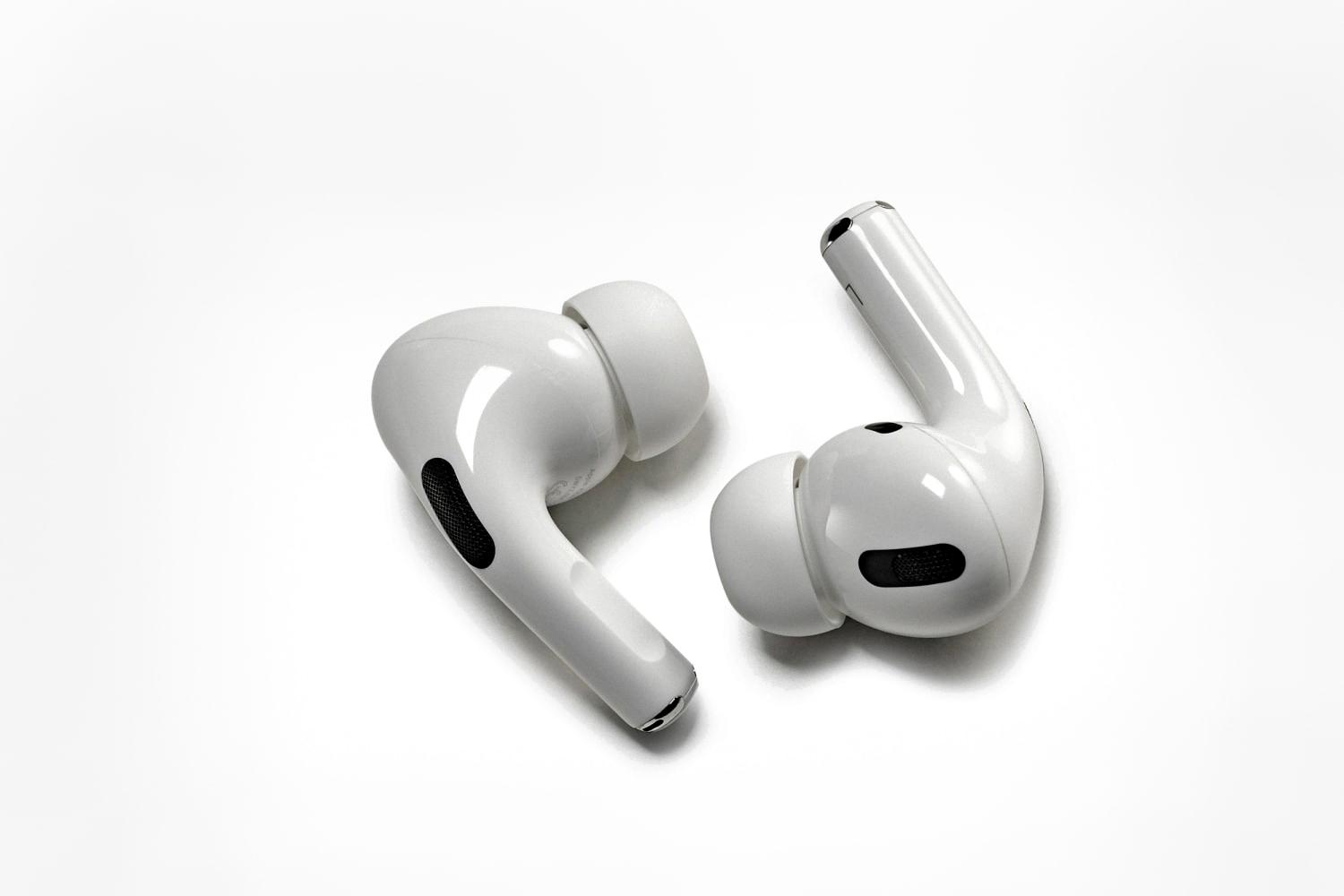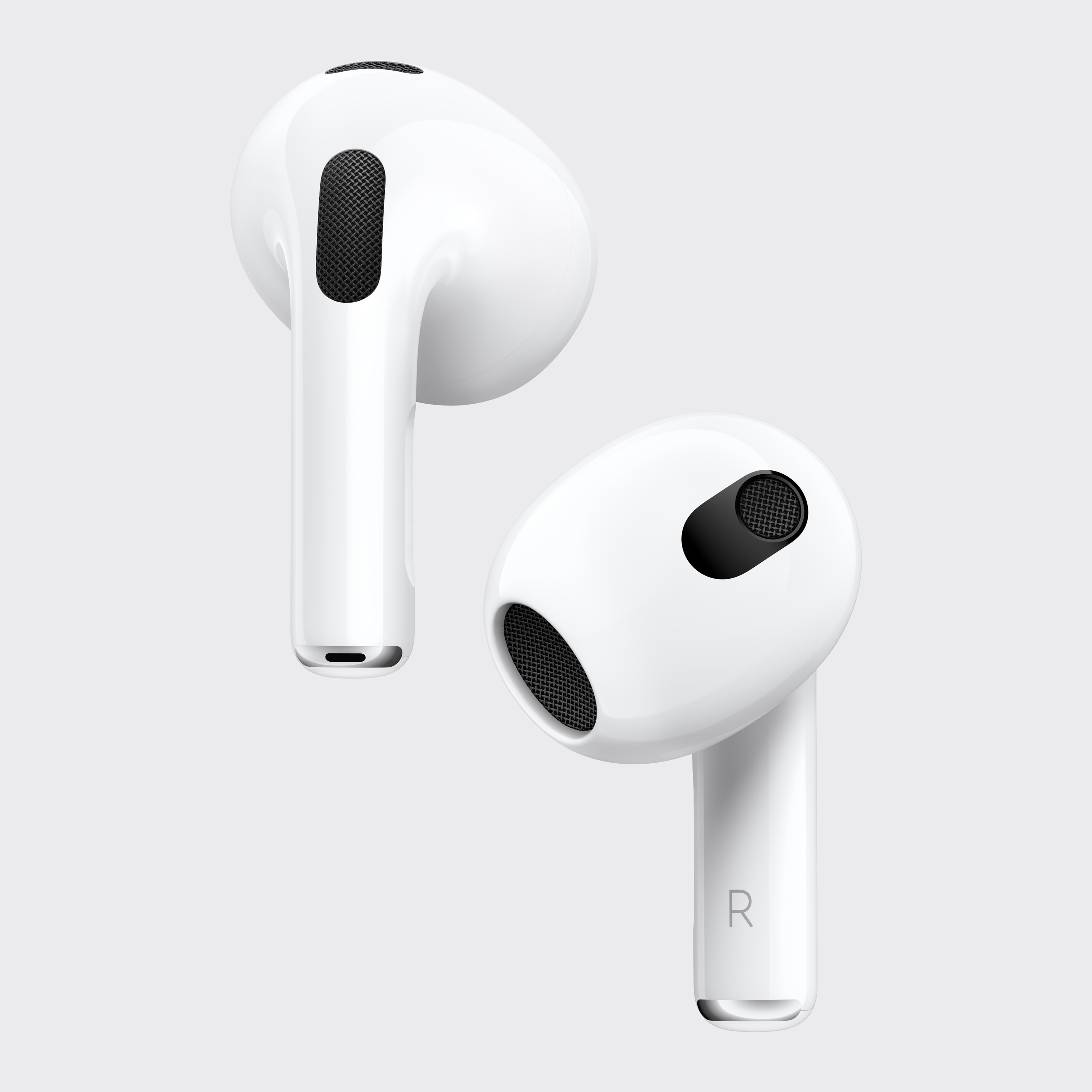AirPods Pro are a popular choice among consumers who want to enjoy the convenience of wireless earbuds. However, some users have reported feeling nauseous after using them for an extended period of time. In this article, we will explore the causes of this phenomenon and what you can do to prevent it.
The main reason why AirPods Pro can cause nausea is due to its noise cancellation feature. This feature blocks out external noise by producing low-frequency humming and static noise. While this can be beneficial for some users, others may find it disorienting and uncomfortable.
Additionally, the noise reduction performance of AirPods Pro is one of the strongest in the market. This means that the effect of the noise cancellation is more pronounced, and some users may experience a sensation of pressure or discomfort in their ears.
If you have sensitive ears or are prone to motion sickness, using AirPods Pro may increase your risk of feeling nauseous. This is because the sensation of movement caused by noise cancellation can trigger symptoms of motion sickness, such as dizziness, headaches, and nausea.
To prevent nausea when using AirPods Pro, it is recommended to start by using them for short periods of time and gradually increasing the length of use. This will allow your ears and brain to adjust to the noise-cancellation effect.
It is also important to take breaks every hour or so and remove the earbuds from your ears. This will give your ears a chance to rest and prevent the buildup of pressure.
If you continue to experience nausea or discomfort when using AirPods Pro, it may be worth considering an alternative product with less intense noise cancellation or consulting a healthcare professional.
While AirPods Pro are a popular choice for wireless earbuds, they may not be suitable for everyone. If you experience nausea or discomfort when using them, it is important to take a break and consider alternative products.

The Impact of AirPods on Nausea
AirPods can make you nauseous. The reason behind this is the noise cancellation effect of AirPods. When you put on AirPods, they produce low-frequency humming and static noise to cancel out external noise. This noise can be unfamiliar and uncomfortable for some people, leading to nausea or dizziness. Additionally, some individuals may experience motion sickness-like symptoms due to the constant in-ear pressure caused by AirPods. If you are experiencing these symptoms, it is recommended that you take a break from using AirPods and consult with a healthcare professional if the symptoms persist.

Can AirPods Pro Cause Nausea?
There have been reports of some individuals experiencing nausea or dizziness when using active noise-cancelling headphones like the AirPods Pro. This is because the technology works by using microphones to detect external sounds and then producing an opposite sound wave to cancel out the noise. This creates a sensation of pressure in the ears, which can cause discomfort for some people.
However, it’s important to note that not everyone will experience these symptoms and the severity can vary from person to person. Additionally, Apple has implemented measures to reduce the likelihood of these side effects, such as allowing users to adjust the level of noise cancellation or turning it off completely.
If you are concerned about potential side effects, it’s recommended to start with lower levels of noise cancellation and gradually increase it until you find a comfortable level. It’s also important to take regular breaks to give your ears a rest and avoid prolonged use at high levels of noise cancellation.
Can Wearing Earbuds Cause Nausea?
Wearing earbuds or headphones for an extended period of time can cause nausea or discomfort in some individuals. Earbuds or headphones that are inserted into the ear canal can create a seal that blocks out external sounds, which can lead to a build-up of pressure in the ear. This pressure can cause discomfort, dizziness, or even nausea in some people. Additionally, listening to music or sounds at high volumes for prolonged periods of time can also contribute to feelings of nausea or discomfort. It is important to take breaks when listening to music or sounds through earbuds or headphones and to use them at a safe and comfortable volume. If you experience any discomfort or pain while wearing earbuds or headphones, it is recommended to stop using them and consult a doctor if the symptoms persist.
Conclusion
It is not uncommon for some people to experience nausea or discomfort when using AirPods due to the noise-cancellation effect they provide. The low-frequency humming and static noise produced by these headphones can cause some individuals to feel uneasy, especially if they are sensitive to such sounds. However, it is worth noting that the noise reduction performance of AirPods is one of the strongest, making them an excellent choice for those who prefer a more immersive listening experience. For those who experience discomfort while using AirPods, it may be helpful to take breaks or adjust the volume to reduce the intensity of the noise cancellation effect. Alternatively, Apple AirPods Max may be a better option for those who wish to avoid these side effects altogether. Ultimately, it is essential to consider your own sensitivity to sound and comfort level when choosing the right headphones for you.








